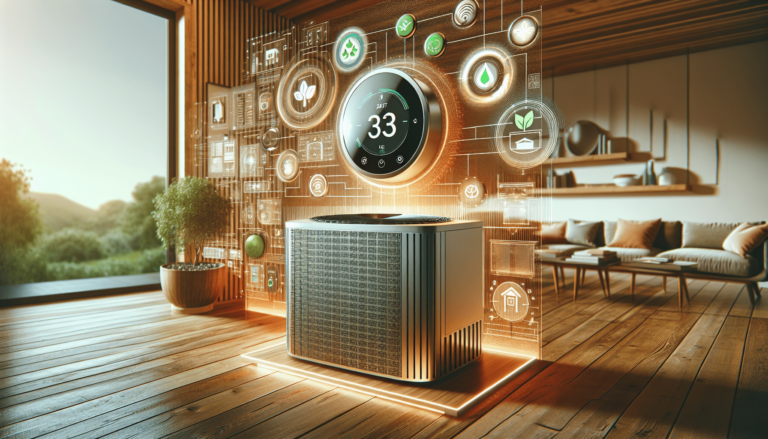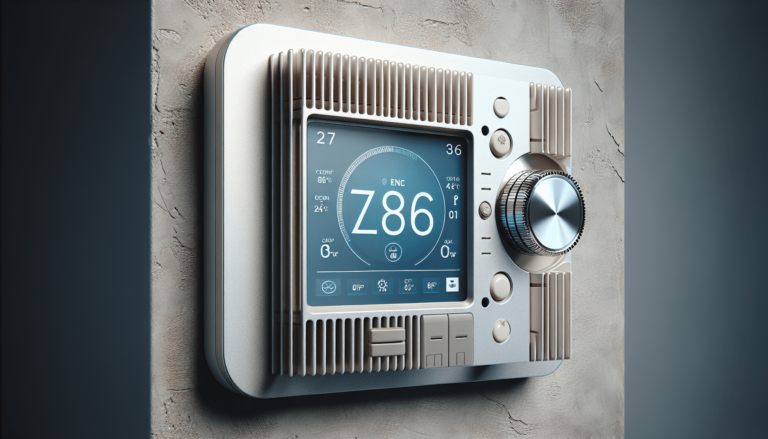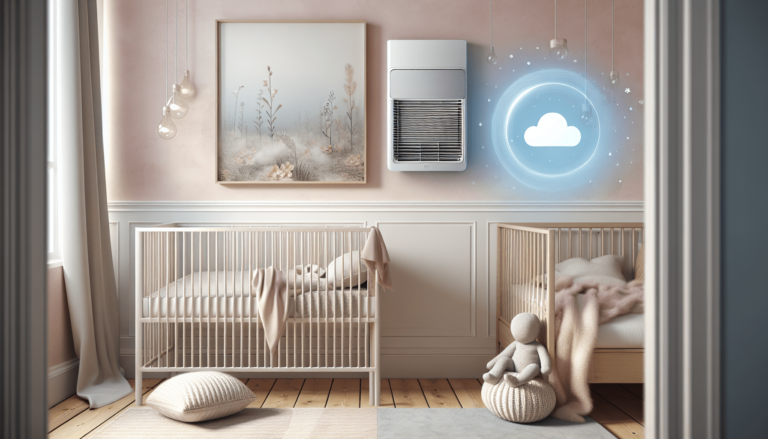

HVAC Services
Get Professional Repairs From The Area's Trusted HVAC Technicians. Ask About Our Services! We Offer Professional Heating & Cooling System Repairs And Guarantee Long-Lasting Results.
Got Question? Call us: (850) 678-2665Financing
HVAC And Health: Reducing Risks And Enhancing Comfort
Discover how your HVAC system does more than just regulate temperature—it’s key to reducing health risks and enhancing comfort in your home environment.
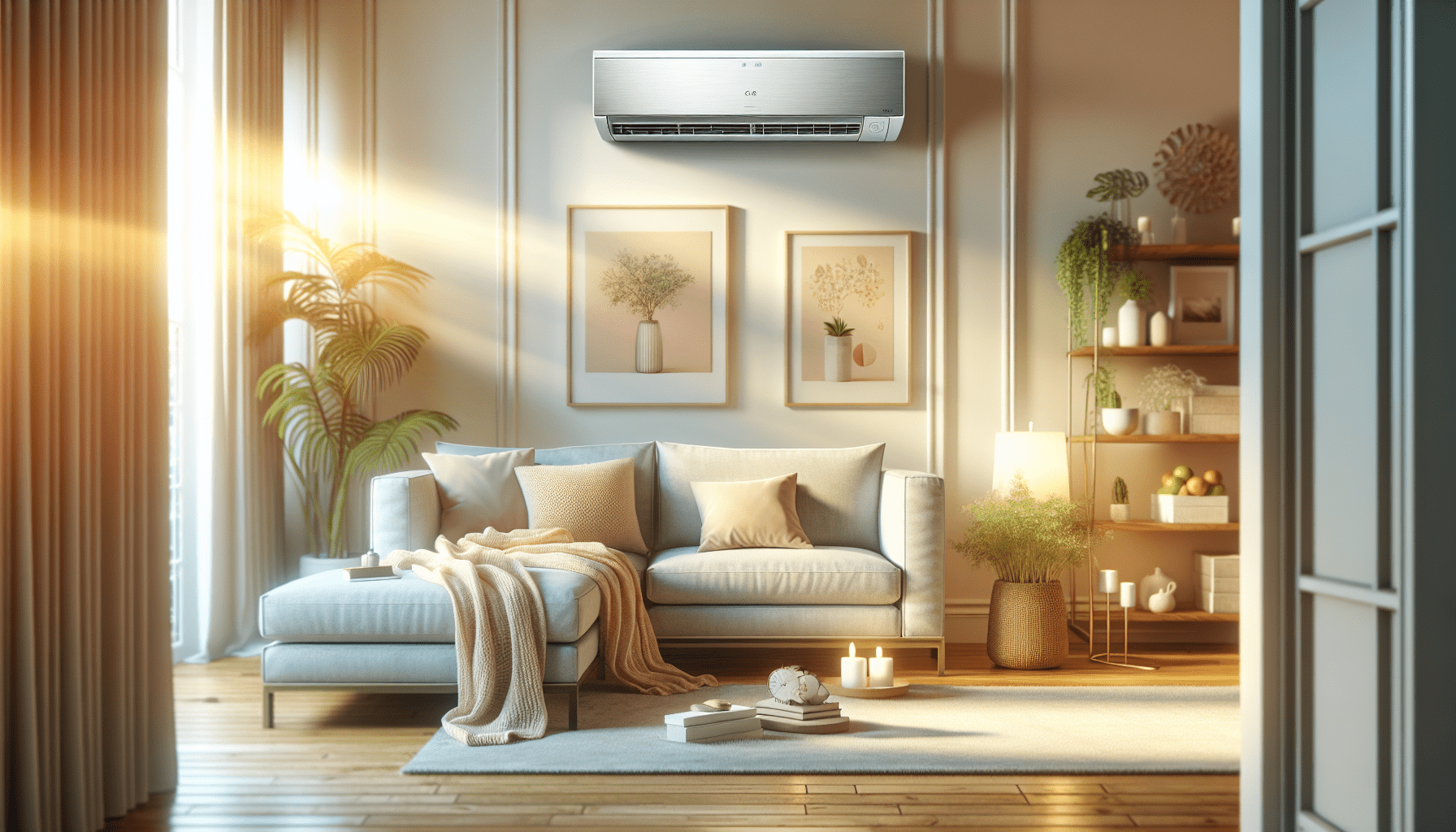
Have you ever wondered how the air circulating in your home affects your well-being? As you enjoy the comfort of a heated or cooled room, there is more happening than just temperature control. The HVAC (Heating, Ventilation, and Air Conditioning) system in your home plays a vital role in maintaining not only comfort but also your health. Let’s explore how these systems can both reduce health risks and enhance your daily living experience.
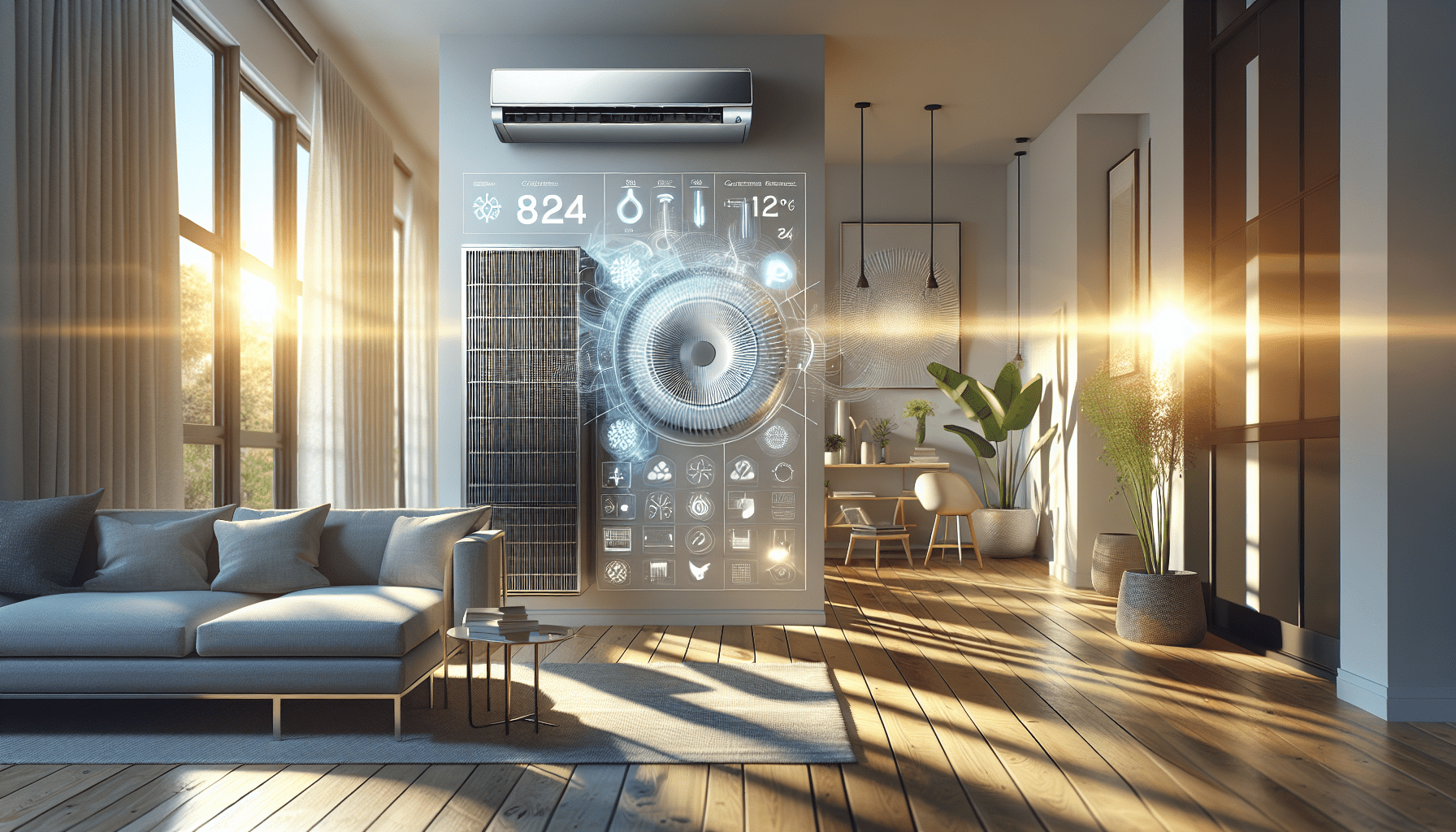
Understanding HVAC Basics
In any building, the HVAC system is responsible for maintaining an ideal climate. It controls temperature, humidity, and air quality, which directly impact your comfort and health. HVAC systems consist of components like air conditioners, heaters, ventilation ducts, filters, and thermostats. Each part has a specific role, and together, they form a complex machine that keeps your living environment balanced.
The Role of Temperature Regulation
Temperature regulation is perhaps the most recognized function of HVAC systems. It’s crucial not just for comfort but also for health. Extreme temperatures can strain your body. High heat can lead to heat strokes and dehydration, whereas cold environments may cause hypothermia. Through consistent temperature control, HVAC systems help in creating a safe and comfortable habitat.
Humidity Levels and Health
Humidity levels are another critical aspect of indoor air quality. Low humidity can dry out your skin and mucous membranes, making you more susceptible to colds and infections. On the other hand, high humidity levels can encourage mold growth and dust mites, which can exacerbate allergies and asthma. Today’s HVAC systems often include humidifiers and dehumidifiers to maintain optimal indoor humidity, generally considered to be between 30% and 50%.
How Indoor Air Quality Affects Health
Air quality is an often overlooked aspect of health and comfort in a home. Poor indoor air quality can lead to significant health issues, including respiratory problems, allergies, and even long-term diseases like lung cancer.
Common Pollutants
Many pollutants can affect air quality, including dust, pet dander, smoke, chemical fumes, and volatile organic compounds (VOCs). These substances can be harmful or irritate your respiratory system. A well-maintained HVAC system can filter and remove many of these pollutants, improving the air you breathe indoors.
The Importance of Regular Maintenance
Regular maintenance of your HVAC system is vital in ensuring it functions properly. This includes changing filters, cleaning ducts, and checking the efficiency of various system components. Regular maintenance not only improves air quality but also extends the life of your HVAC system, making it more cost-effective in the long run.
Reducing Health Risks with HVAC Systems
HVAC systems, when properly used and maintained, can significantly reduce health risks. However, to maximize these benefits, certain practices need to be followed.
Regular Filter Replacement
Filters are a crucial part of your HVAC system. They trap dust, pollen, and other airborne particles. Over time, these filters can get clogged, diminishing their effectiveness and potentially allowing pollutants to circulate back into the air. Replacing filters regularly, typically every 1-3 months, is essential to maintaining good air quality.
Ensuring Adequate Ventilation
Ventilation helps to move air in and out of your home, preventing the buildup of indoor pollutants. It’s especially important in kitchens and bathrooms, where moisture and cooking fumes accumulate. Ensuring adequate ventilation can be as simple as opening windows regularly or installing an exhaust fan in key areas.
Controlling Indoor Humidity
Using your HVAC system to maintain proper humidity levels can prevent a range of health issues. During winter, when the air is dry, a humidifier can add moisture to the air. Conversely, in summer, using a dehumidifier can help reduce excess moisture, inhibiting the growth of mold and mildew.
Energy Efficiency and Its Benefits
Beyond health, a well-maintained HVAC system can contribute to energy efficiency, reducing your environmental footprint and lowering utility bills.
Energy-Efficient Upgrades
Modern HVAC systems often include energy-efficient features such as programmable thermostats and high-SEER (Seasonal Energy Efficiency Ratio) air conditioners. These upgrades allow for better temperature control and reduced energy consumption.
Smart Thermostats and Automation
Smart thermostats are an innovation that can enhance the efficiency of your HVAC system. They learn your schedule and adjust the temperature accordingly, ensuring optimal comfort while saving energy. Some can even be controlled remotely via smartphone apps.
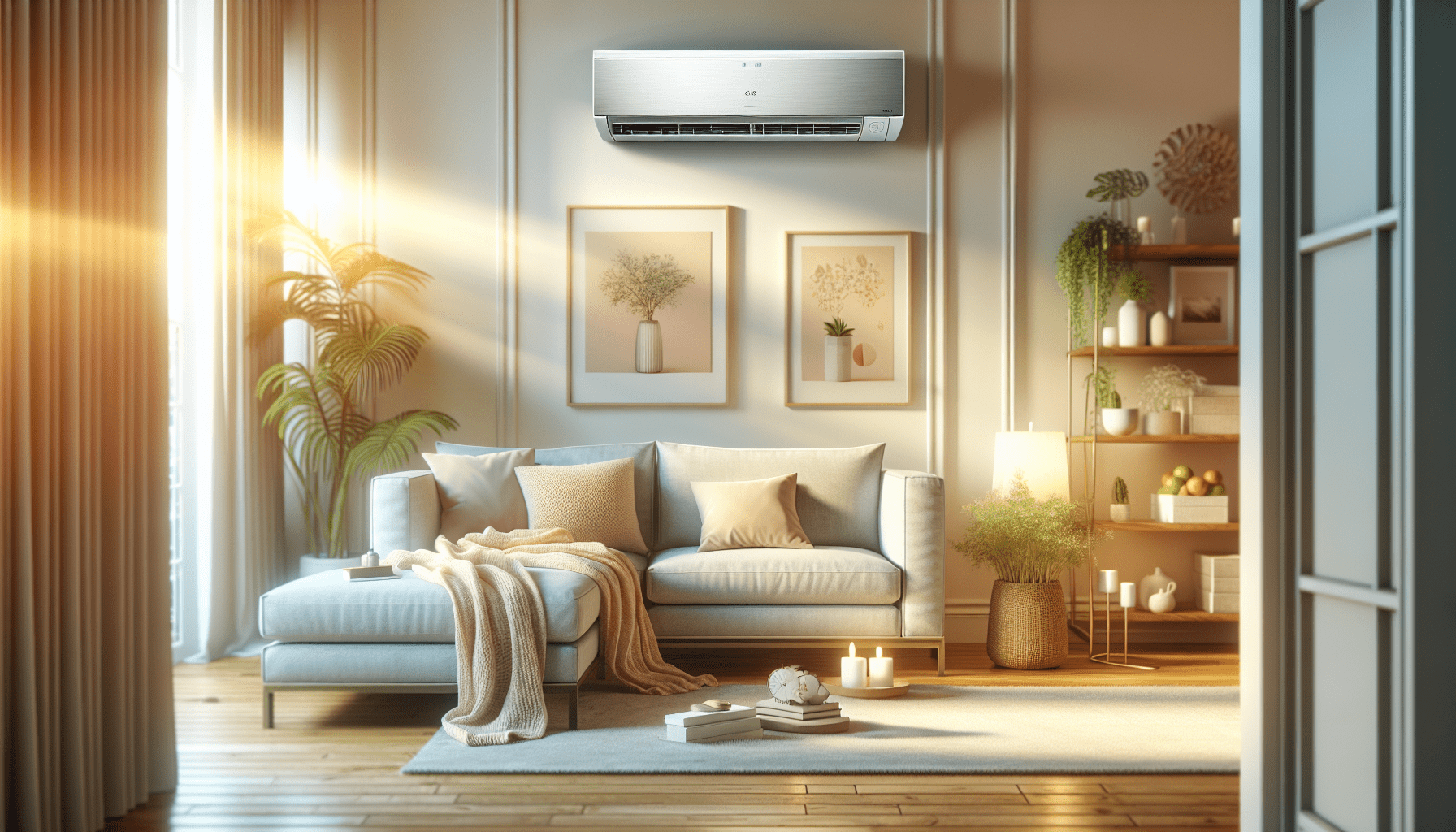
Enhancing Comfort with Modern HVAC Systems
In addition to health benefits, modern HVAC systems contribute significantly to home comfort. Technologies have evolved, making them quieter, more efficient, and better at maintaining consistent temperatures.
Advanced Filtration Systems
Many newer HVAC systems come equipped with advanced filtration systems capable of capturing microscopic pollutants. These systems can provide significant relief to allergy sufferers and those with asthma.
Multi-Zone HVAC Systems
Multi-zone systems allow you to set different temperatures in different areas of your home. This can be especially useful in homes with varying sunlight exposure or individual temperature preferences.
Steps to Optimize Your HVAC System
To fully benefit from your HVAC system, certain best practices should be followed:
Schedule Regular Maintenance
Professional maintenance at least once a year can prevent small issues from becoming significant problems. Technicians can inspect components, conduct necessary repairs, and ensure everything is working efficiently.
Keep the Area Around Your Units Clean
Outdoor HVAC units can get clogged with leaves, dirt, and debris. Keeping the area around your unit clean and free of obstructions helps it run efficiently.
Upgrade When Necessary
While it may seem costly, upgrading to a more modern HVAC system can save money in the long run through reduced energy bills and fewer repair costs. If your system is over 10-15 years old, it might be time to consider an upgrade.
When to Call a Professional
Sometimes, DIY maintenance isn’t enough, and calling a professional is necessary.
Signs to Look For
If you notice unusual noises, inconsistent temperatures, or increased energy bills, it might be time to bring in a pro. These can be signs of a system struggling to function properly.
The Benefits of Professional Evaluation
A professional evaluation can identify issues you might overlook and offer solutions tailored to your specific system and usage patterns. They can also advise on whether your system is operating at peak efficiency or if you might benefit from upgrades.
Finding the Right HVAC Service
Choosing a reliable HVAC service provider ensures your system is handled with care and expertise.
What to Look For in an HVAC Service
Look for a company with a strong reputation and certified technicians. They should offer transparent pricing and detailed estimates. Checking online reviews and asking for references can also guide you in making the right choice.
Tempacure Heating and Air Conditioning: A Trusted Provider
If you’re in or around Niceville, FL, consider Tempacure Heating and Air Conditioning for your HVAC needs. With years of experience and a reputation for excellence, they provide quality service and a commitment to customer satisfaction. Visit their website at tempacurehvac.com or contact them directly at (850) 678-2665 for any inquiries or service requests.
Conclusion
Your HVAC system does more than just keep you comfortable; it plays an essential role in maintaining your health. By understanding its components and ensuring regular maintenance, you can minimize health risks and enhance your living environment. Prioritizing air quality, efficient temperature regulation, and energy efficiency not only makes your home a safe haven but also a more enjoyable place to live.
By taking care of your HVAC system and ensuring it’s adequately maintained, you invest in a healthier and more comfortable lifestyle.





